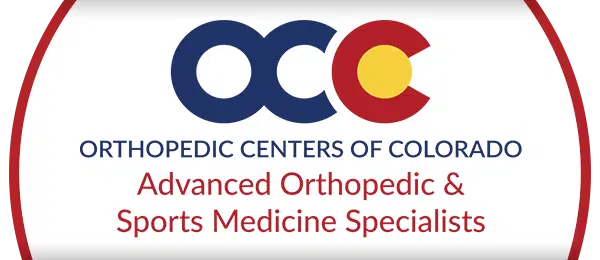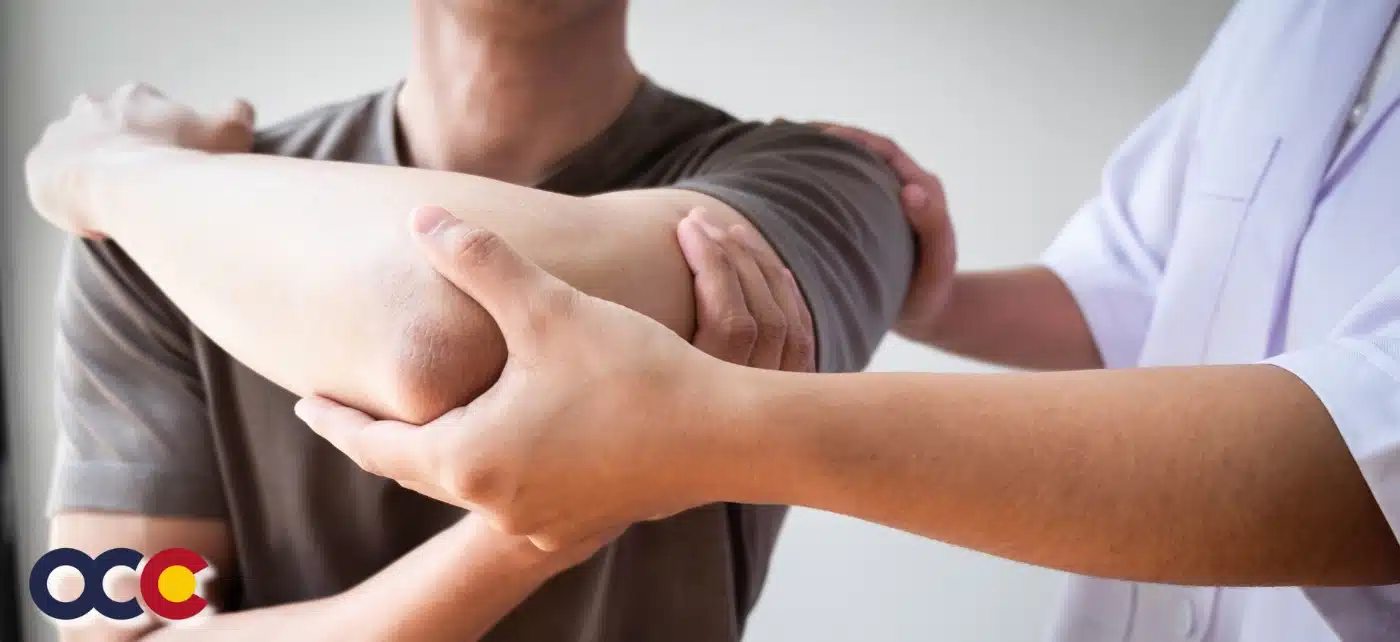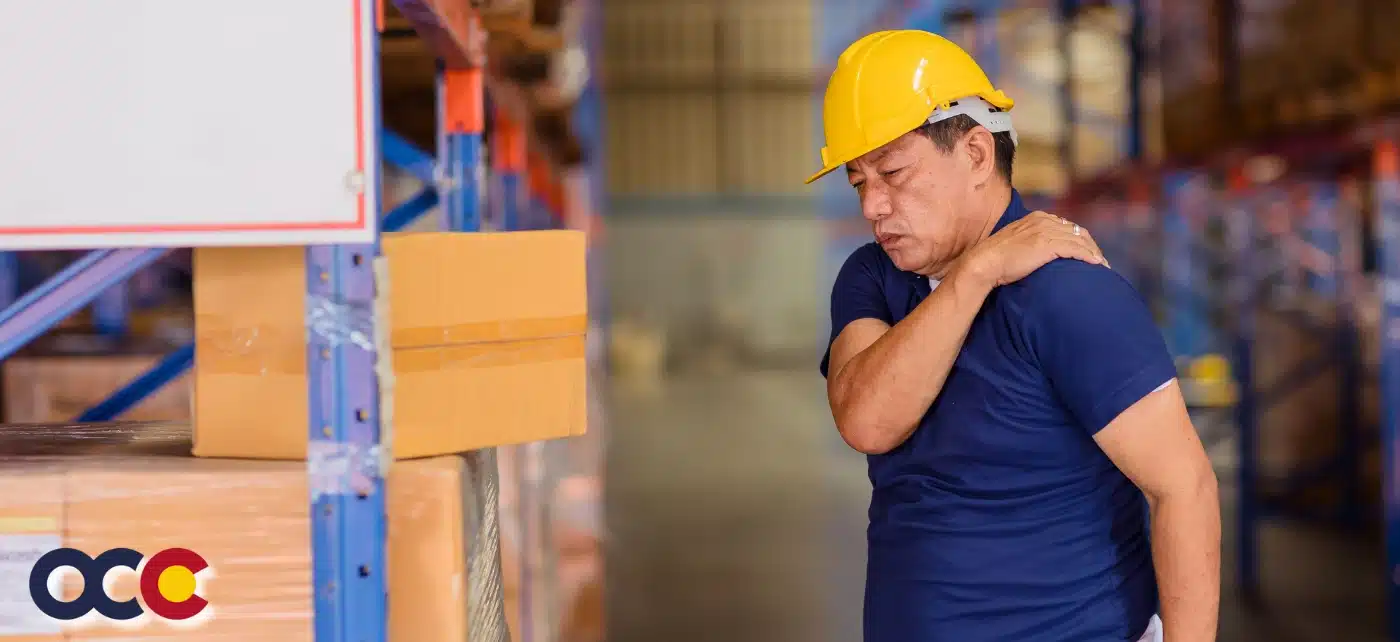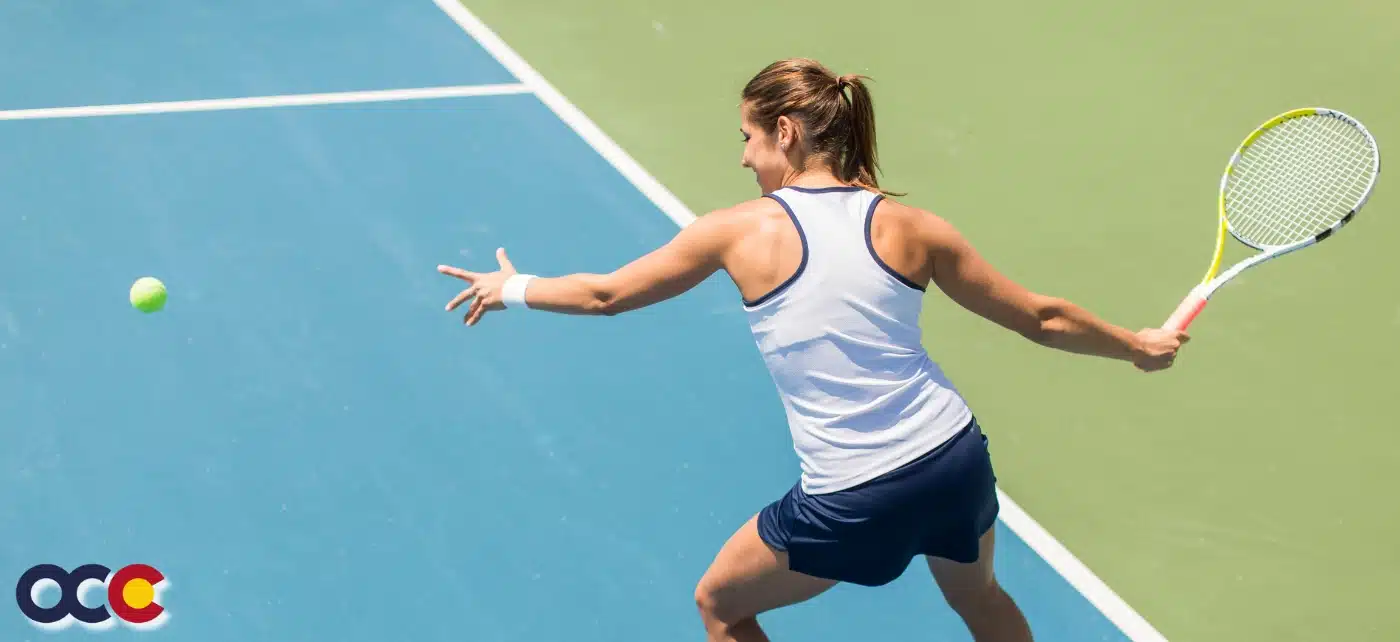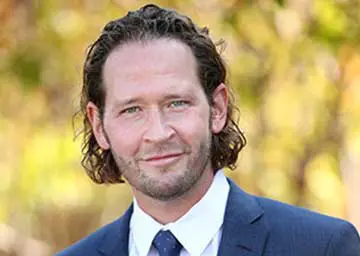Although also a common injury among athletes, rotator cuff tears are actually most common in people over 40; and age, in addition to family history and repetitive motion activities, are the top risk factors for a rotator cuff tear.
The injury is also a frequent topic of discussion with baseball and tennis players, who use repetitive arm motions that put these athletes at greater risk for a rotator cuff tear. However, even if you don’t play sports, other elements of your active lifestyle could be to blame.
Many jobs that involve physical labor and a repetitive motion – such as painting and carpentry – put wear and tear on the tendons, which can lead to degeneration and injury.
Surprisingly, not all rotator cuff tears cause pain or performance issues and some people are never diagnosed or treated. But for many others, shoulder pain or weakness is the first indication that something might be wrong. Discomfort typically increases with activity, and in particular movements that bring the arm above the shoulder. Oftentimes the only symptom may be pain when sleeping.
Your local orthopedic specialist can diagnose a rotator cuff tear by doing a thorough history and physical examination and considering your family and activity history. Your doctor will ask about your symptoms and will examine your shoulder and neck areas for tenderness, range of motion, strength and other indicators of a tear. Skilled orthopedics can rule out other issues such as arthritis or a pinched nerve. Your care team may also use diagnostic tools such as ultrasound, or MRI, which can often detect the size and location of a tear, which cannot be detected by X-ray.
Rotator Cuff Tear Treatment: An individual approach is key
Once a tear is confirmed, it’s time to focus on treatment options. “Every rotator cuff tear is different,” says Dr. James Ferrari, Advanced Orthopedic physician and shoulder specialist. “Our team of specialists focuses on a solution that maximizes the success for each patient, and gives them the best opportunity to get back to being active as soon as possible.”
In most cases, treatment for a rotator cuff tear means looking first at non-surgical options such as anti-inflammatory medication, ice, and local steroid injections, followed by a regimen of stretching and physical therapy. Partial thickness rotator cuff tears have the best chance of success with non-operative treatment. If non-surgical options do not provide relief, surgery may be the best option. Once a rotator cuff tear is a complete, full-thickness tear, it will not heal on its own. Full-thickness tears in younger patients almost always require surgery. Over time, full-thickness tears do get bigger, and surgical success is much better in smaller tears.
Rotator Cuff Tear Surgery
If surgery is necessary, many tears can now be repaired with an arthroscopic procedure, which is less invasive, allows for a more thorough evaluation of the entire shoulder during the procedure, and often provides for an easier, although not necessarily faster recovery. Your orthopedic specialist will provide you a comprehensive evaluation of the surgical options that can address your individual rotator cuff tear.
Rehabilitation
After surgery, proper rehabilitation is of paramount importance. It is a slow recovery as the tendon has to heal into the bone before active motion can begin. Overly aggressive rehab after surgery can be a cause of failure. In general, it is 6 months before the patient is cleared for all activities.
Prevention
Prevention of rotator cuff tears and recurrent injuries begins with proper stretching and strengthening. Maintaining full motion, especially internal rotation (being able to reach up behind one’s back) helps prevent impingement of the rotator cuff by the overlying acromion bone. Strengthening the anterior and posterior rotator cuff muscles keeps the shoulder in the socket so the deltoid doesn’t overpower the rotator cuff. Other exercises to strengthen the chest and back also help balance the shoulder and prevent impingement.
Whether you have surgery or not, you may prevent a full blown rotator cuff tear by using proper form when exercising or competing, and by ensuring you incorporate rest into your routine if you are in a repetitive use situation at home or work.
Above all, if you have shoulder pain, get it check out so that you can get a diagnosis and limit further damage. Schedule an appointment with Dr. James Ferrari or one of our other shoulder specialists.
